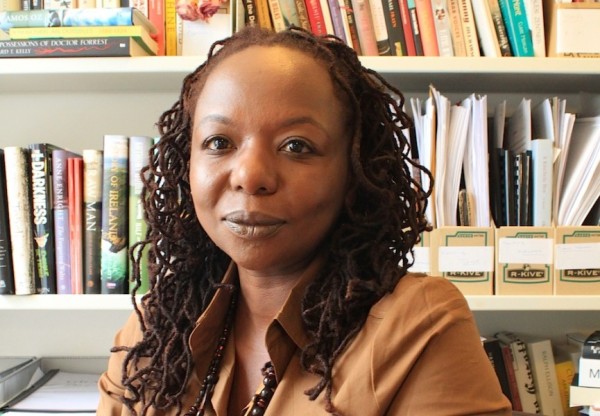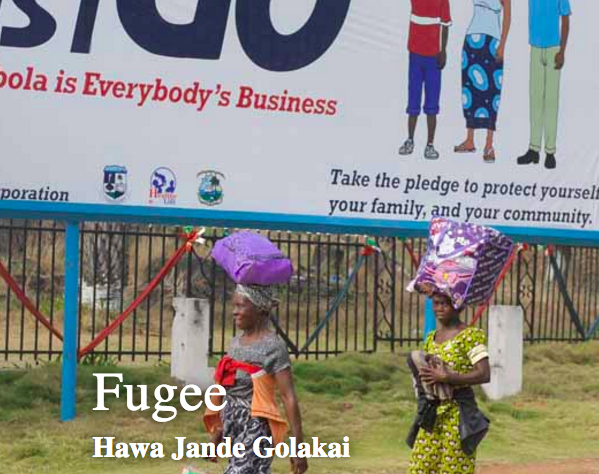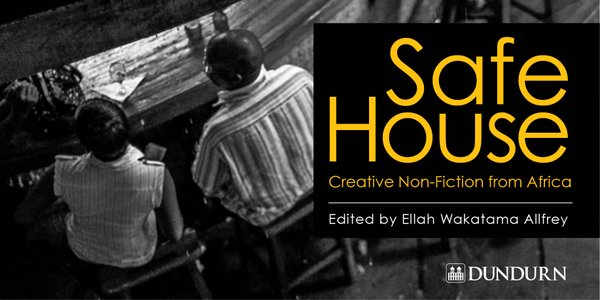Hawa Jande Golakai takes the art of essay writing to a whole new level in her resent feature on Granta. The essay is titled “Fugee” and chronicles her experience of the Ebola crisis.
“Fugee” is originally part of an anthology titled Safe House, a mixed-genre non-fiction collection by African writers. The collection is edited by African publishing royalty, Ellah Allfrey, in collaboration with Commonwealth Writers. If “Fugee” is anything to go by, Safe House promises to be a special treat for lovers of African writing.
“Fugee” is breathtakingly beautiful. The essay affords Golakai’s fans a different way to connect with her and her writing. There is so much that is beautiful about the essay.
First, Golakai situates her experience of the Ebola crisis within a broader African landscape that takes her on an urban odyssey through Durban, Johannesburg, Monrovia, Accra, and Port Harcourt. She talks about having a run-in with an annoying journalist in Durban. As news of the Ebola scare reaches her in Johannesburg, she describes the feelings of guilt she experiences for not wanting to care but being forced to care. Her attempt to return to Monrovia is halted by immigration troubles. She is accused of immigration fraud in Johannesburg and briefly locked up in jail. She arrives Monrovia to meet a city inching closer to crisis mode and proceeds to give an arresting picture of everyday life in a city under the siege of a deadly virus.

“Fugee” is not just an Ebola story. It is also a private exploration of a writer’s life and how this life of individual artistic pursuit intersects with larger forces in troubling but also enriching ways.
The essay is an enthralling read. “Fugee” is essentially a long string of skillfully-crafted sentences that are so beautiful they could be catch phrases. Here are few:
Journalist: ‘Ja, but where are you from originally?’ the journalist presses me.
Golakai: ‘You can’t be unoriginally from somewhere. I don’t think that’s a thing.’
“The guy behind the counter at the Clicks pharmacy is so delicious he’s practically a food group.”
“Writing isn’t respectable – not in Africa, anyway. I’m considered a sufferer of Me Disease, an unrepentant member of the selfish generation, we who shirk duty to follow pipe dreams.”
“A guy back home has thrown his hat into the ring for my affection. I don’t know. Men are dicks . . . but then again, men have dicks. So. I’m vacillating between uncertainty and blushes.”
“Airports get seriously wrong, creepy, after all the shops close. Like abandoned warehouses. Unlucky stragglers huddle by the gates, bleary-eyed, giving each other grim stares.”
In spite of the somber subject explored in the essay, “Fugee” is a delightful read. Golakai prevents her account of Ebola from being a bleak retelling of a nation in crisis. She does this by infusing her account with a good bit of humor and introspection.
Click here to read “Fugee”










COMMENTS -
Reader Interactions